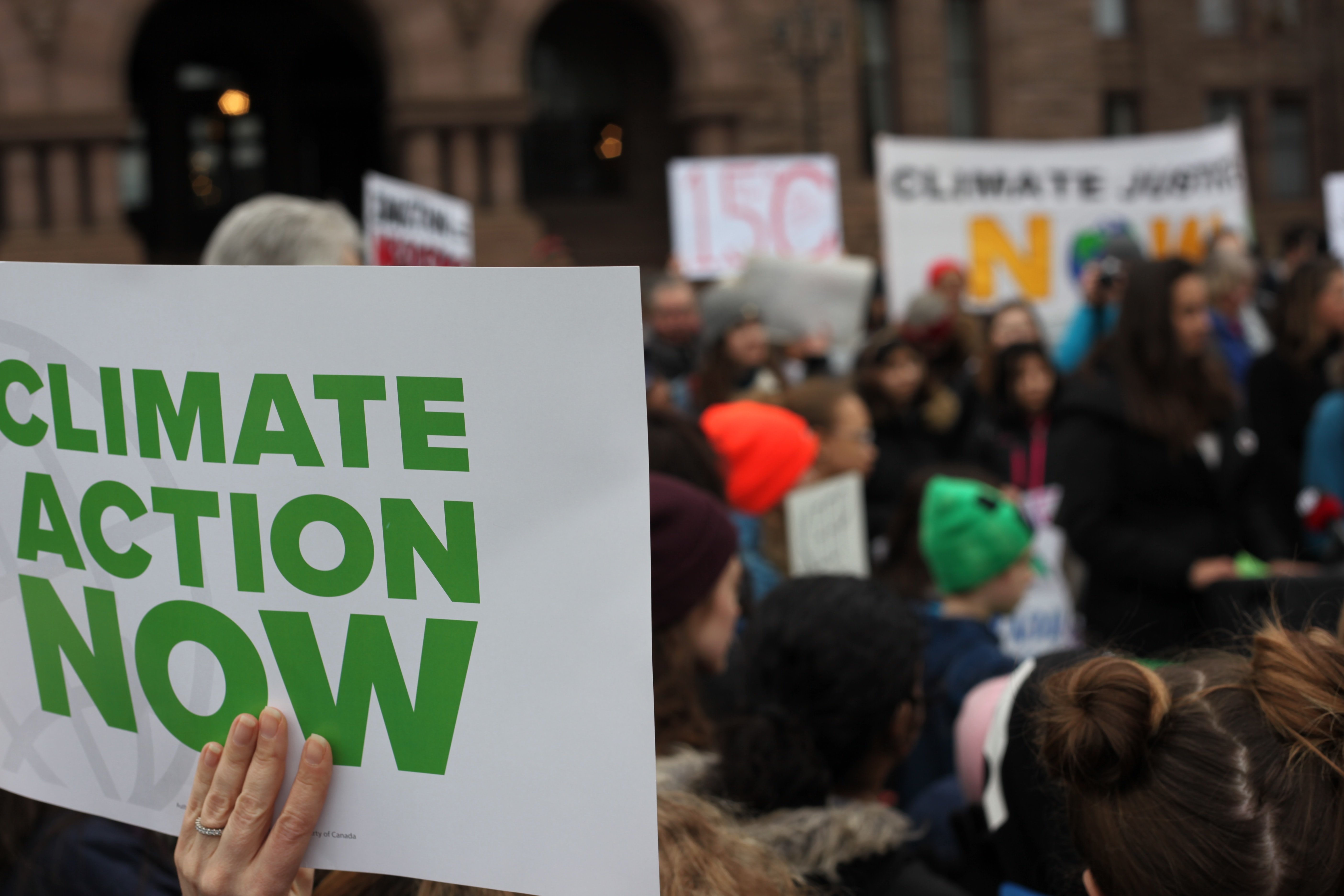Jamie Livingstone, Head of Oxfam Scotland and a board member of Stop Climate Chaos Scotland
When Nicola Sturgeon declared a “climate emergency” last week, I pictured Jenipher, a woman from Mulanje in Malawi. When I met her in 2016, Malawi was suffering its worst drought in more than 30 years. Jenipher’s crops had withered; her family was starving; her life depended on the rain coming next season.
Words are important, and the first minister’s announcement of an “emergency” is a welcome recognition that climate change is no longer merely a threat; it is a crisis unfolding in front of our eyes. Yet the truth is words matter a lot less when, like Jenipher, you have no food.
Declaring an emergency will mean nothing without an emergency response to match. It’s a reality understood by schoolchildren going on strike and by campaigners who have brought capital cities, including Edinburgh and London, to a standstill. A recent poll by Stop Climate Chaos Scotland also revealed that 70 per cent of Scots support further action on climate change.
In the past year Oxfam has delivered humanitarian help to hundreds of thousands of people caught up in deadly floods, storms and droughts. Worryingly, Cyclone Idai caused devastation in Mozambique, Malawi and beyond in a world in which global temperatures are just one degree above pre-industrial figures. Yet we know that extreme weather is made more likely by climate change and we are on track for a world that is three degrees or more warmer.
Today, the Committee on Climate Change, a quango, has published new advice for cutting emissions. It has said that net-zero is achievable across the UK by 2050, and by 2045 in Scotland; this more ambitious target reflects our stage of progress and our greater potential to reduce emissions in key areas.
If the first minister’s words are to matter, her government should see the quango’s advice as the minimum level of ambition for Scotland as it sets new legally binding targets. It must then quickly refocus from 2045 to action now, with progress by 2030 critical to avoiding the worst impacts of climate change. That will mean difficult conversations about transitioning away from fossil fuels and rethinking the coherence of existing policies in areas such as air travel.
Those living in the poorest nations, like Jenipher, don’t need false promises. By 2045, our political leaders will be a distant memory; the impact of their decisions will not be. If we fail to take “emergency” action now, we will soon find we’re too late. And what word will we use then?
